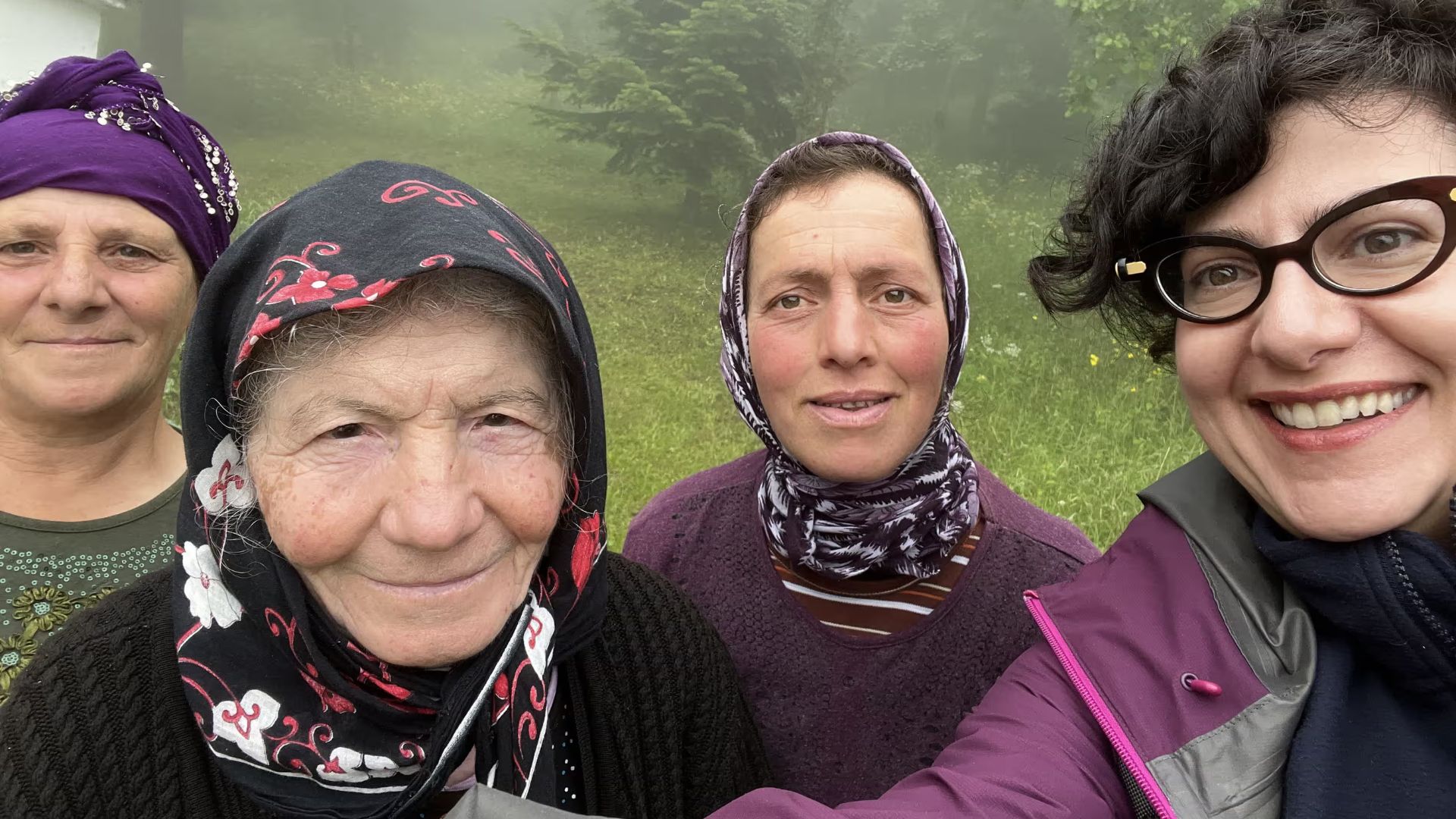A connection between the language of Homer and Romeyka, an endangered form of Greek that is spoken by only a few thousand people in remote mountain villages of northern Turkey, has been found by researchers.
According to the Guardian, Romeyka has no written form, but has survived orally in the mountain villages around Trabzon, near the coast of Black Sea.
With its remaining speakers ageing, the dialect is now threatened with extinction, leading a University of Cambridge academic, Ioanna Sitaridou, to launch a “last chance” crowdsourcing tool to record its unique linguistic structures.
The Crowdsourcing Romeyka project is open to native speakers across the world who want to upload a recording of themselves talking in the language.
Ioanna Sitaridou, a professor of Spanish and historical linguistics, said she anticipated that many were likely to be in the US and Australia, as well as spread across Europe.
“There is a very significant diaspora which is separated by religion and national identity [from the communities in Turkey], but still shares so much,” she said to the Guardian.
Sitaridou has established that rather than having developed from modern Greek, Romeyka descended from the Hellenistic form of the language spoken in the centuries before Christ, and shares some key features with ancient Greek.
As a result, Sitaridou has concluded that “Romeyka is a sister, rather than a daughter, of modern Greek”, a finding she says disrupts the claim that modern Greek is an “isolate” language, meaning it is unrelated to any other European language.
Though the history of the Greek presence in the Black Sea is not always easy to disentangle from legend, the Greek language expanded with the spread of Christianity. “Conversion to Islam across Asia Minor was usually accompanied by a linguistic shift to Turkish, but communities in the valleys retained Romeyka,” Sitaridou said.
Source: The Guardian

